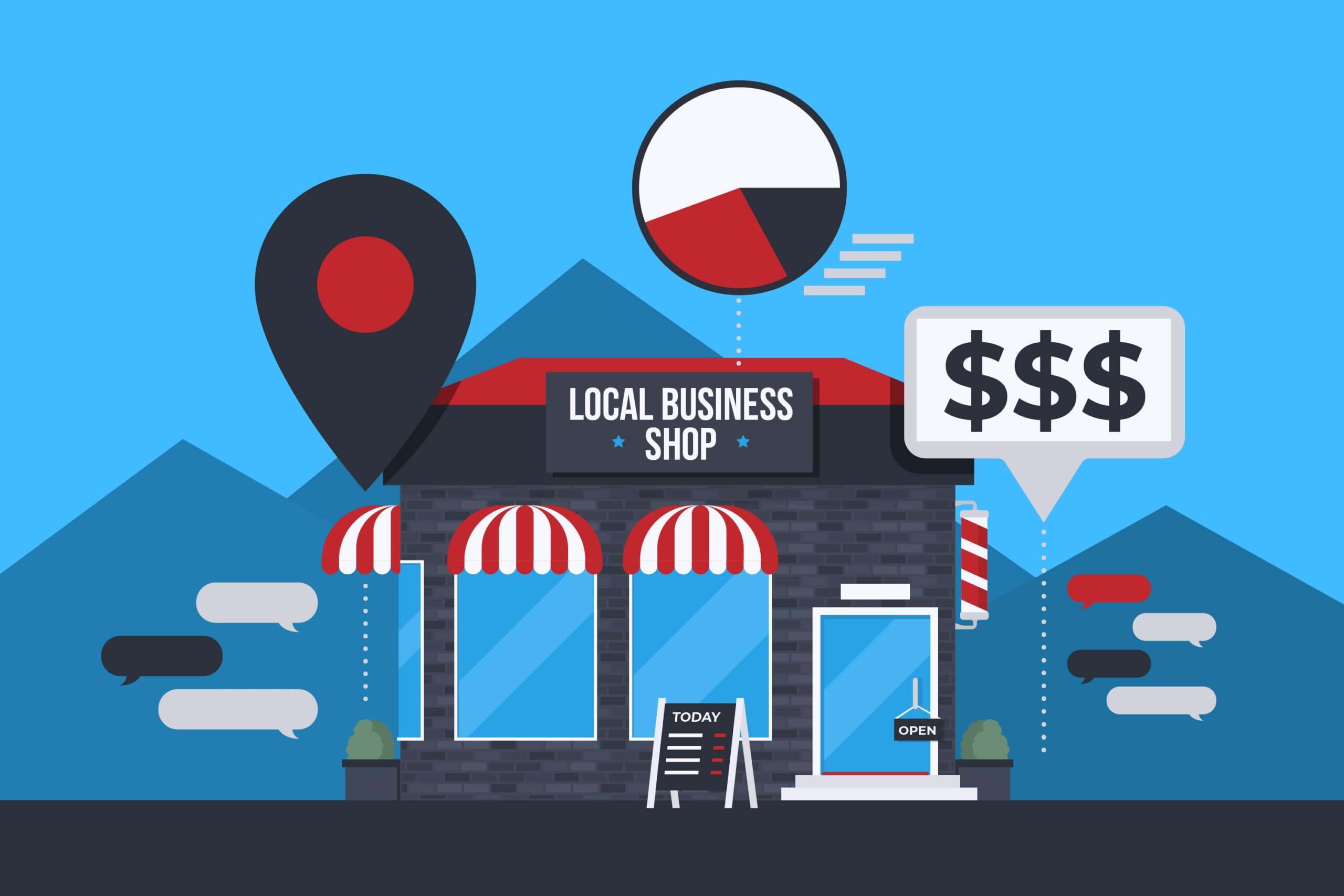Why Consumer Trust Matters More Than Ever
In today’s digital-first world, consumer trust is the true currency of growth. Audiences no longer resonate with one-sided advertising—they crave authentic voices, relatable stories, and experiences they can connect with. This is where the concept of an influencer marketing hub comes into play. For brands looking to scale faster, collaborating with influencers and creators through a centralized strategy is no longer optional; it’s essential.
What Is an Influencer Marketing Hub?
An influencer marketing hub is more than just a directory of creators. It’s a centralized ecosystem where brands can identify, connect, and collaborate with influencers, affiliates, and partners who align with their values and audience. Unlike traditional marketing tactics, influencer hubs focus on building trust through human connections—turning creators into credible voices for your brand.
In simple terms, it’s where strategy meets execution, bringing together the right influencers, platforms, and tools to deliver measurable results.
Why Influencers Have Become Essential for Brands
Consumers trust people more than logos. A 2024 Nielsen study found that 92% of people trust recommendations from individuals—even if they don’t know them personally—over brand-driven content (Nielsen Report). This shift has made influencers the bridge between brands and audiences.
Here’s why influencers are critical:
- Authenticity Wins: Followers see influencers as real people, not faceless ads.
- Higher Engagement: Content shared by influencers generates far better engagement than traditional media.
- Targeted Reach: Influencers help brands connect directly with niche audiences who are already interested in their industry.
- Cost-Effective ROI: When compared to large-scale ad campaigns, influencer partnerships often yield higher returns.
Building Your Influencer Marketing Hub: Key Elements
To maximize the power of an influencer marketing hub, brands need a structured approach. Here are the essential components:
1. Influencer Identification & Vetting
Not all influencers are created equal. The right hub identifies creators whose audience demographics, engagement rates, and brand values align with your goals. This prevents wasted budgets on vanity metrics.
2. Streamlined Outreach & Negotiation
Reaching out to influencers can be time-consuming. An effective hub streamlines communication—handling contracts, expectations, and deliverables—so brands can focus on strategy while saving time.
3. Campaign Planning & Execution
From TikTok trends to YouTube tutorials, influencer campaigns must be creative, story-driven, and aligned with brand goals. A good hub ensures campaigns are consistent across platforms while remaining adaptable to new opportunities.
4. Affiliate & Partnership Integration
Influencer marketing hubs don’t stop at sponsored posts. They integrate affiliate programs and long-term partnerships, creating a continuous cycle of brand advocacy.
5. Performance Tracking & ROI Measurement
Every campaign needs measurable outcomes. Through dashboards, UTM links, and promo codes, brands can track real-time performance tools like Hootsuite Analytics make it easier to track campaign engagement, conversions, and ROI.,ensuring every dollar spent delivers value.
The Advantages of Centralizing Influencer Marketing
When brands manage influencer relationships in silos, they lose efficiency. An influencer marketing hub eliminates this fragmentation, offering:
- Consistency: Unified messaging across all campaigns.
- Scalability: Easy expansion from micro-influencers to global ambassadors.
- Efficiency: Less manual work with centralized tools and processes.
- Long-Term Value: Building ecosystems of creators who support the brand for years.
Case Study Example: From One-Off to Ecosystem
Imagine a skincare brand that runs a one-off influencer campaign for a product launch. It might generate initial buzz, but momentum dies down quickly. Now picture the same brand using an influencer marketing hub:
- Step 1: Partnering with beauty influencers for product awareness.
- Step 2: Creating affiliate programs for micro-influencers.
- Step 3: Building long-term brand ambassador relationships.
The result? Instead of one campaign, the brand develops a continuous ecosystem of creators, consistently driving engagement, trust, and sales.
The Future of Influencer Marketing Hubs
With the rise of AI-driven analytics, social commerce, and creator-led communities, influencer marketing hubs will only grow more sophisticated. According to Influencer Marketing Hub, AI-driven platforms and marketplace integrations are reshaping how brands and creators collaborate. Brands that adopt early will benefit from:
Final Thoughts
An influencer marketing hub isn’t just about running campaigns—it’s about building ecosystems of trust. By centralizing influencer strategies, streamlining execution, and fostering long-term partnerships, brands can achieve authentic growth that resonates with their audience.
At Nashpati Digital, we believe the smartest growth comes from collaboration with creators who share your vision.
Let’s Build Influence That Works for You
Ready to scale your brand through authentic creator partnerships?
At Nashpati Digital, we connect you with influencers who amplify your story and drive measurable results. From strategy to execution, we help you create long-term partnerships that fuel growth and trust.
👉 Book your free influencer strategy session today Let’s start building your strongest digital influence yet.





